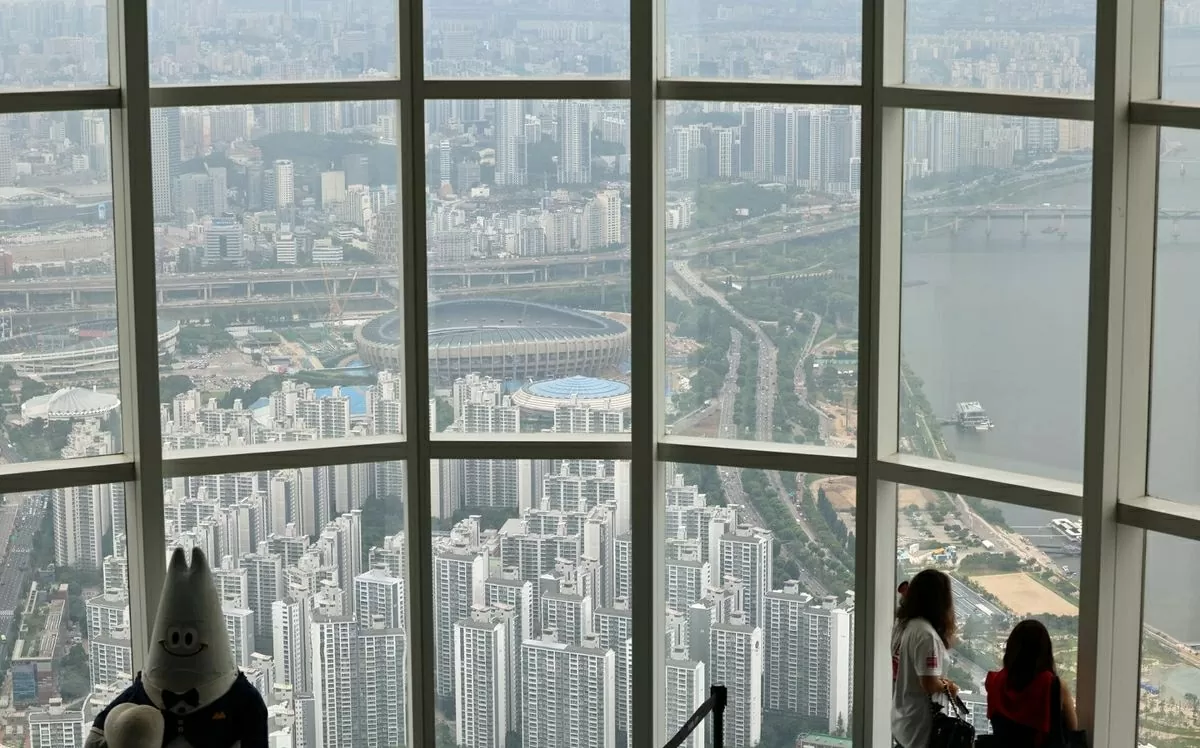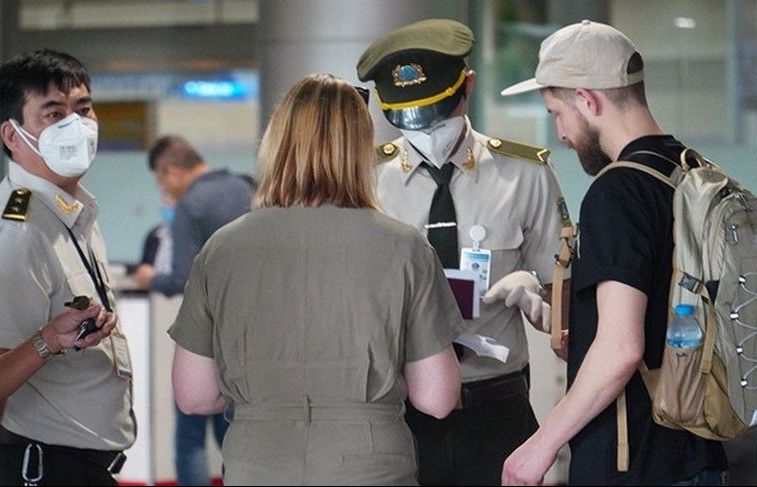
Korea moves to restrict foreigners' real estate purchases
Latest
 |
| Apartments in southern Seoul are seen from Seoul Sky, an observation deck at the top of Lotte World Tower in the city's Songpa District, Thursday. (Source: Yonhap) |
Rep. Kim Eun-hye of the People Power Party (PPP) said Thursday that the bill asks foreign nationals to obtain approval from relevant Korean authorities in advance when they plan to acquire real estate.
Currently, property buyers from abroad are only required to report to the authorities within 60 days of the purchase.
Furthermore, they can report within six months if they buy property through auctions.
“It is unfair and imbalanced for foreign nationals to freely acquire and transfer a range of properties, including apartments, whereas as a string of restrictive measures discourage Korean nationals from having a home,” Kim said in a press release.
The bill also calls for a land minister-led assessment at least once a year to find out whether other countries are faithfully observing Korea’s principle of reciprocity on the issue of foreign nationals owning property in their countries.
The lawmaker noted that this issue centers on Chinese homebuyers.
According to the latest government data, Chinese nationals owned 56,302 homes in Korea as of 2024, representing 56.2 percent of all foreign-owned homes.
The Chinese can buy land here without restrictions by taking out loans from their home country, in contrast with Korean nationals, who are banned from owning real estate in China.
Controversy over the principle of reciprocity especially flared up after the Lee Jae Myung administration announced a 600 million won ($441,100) cap on mortgage loans last Friday.
The measure was unusually aggressive, limiting the maximum loan amount regardless of buyers’ income or home prices.
Accordingly, property transactions sharply dropped among would-be homebuyers.
“The government’s restrictive loan policy is discriminatory against its own people, considering foreigners can purchase real estate in Korea by securing loans from financial institutions in their home countries,” Kim said.
She went on to say, “The policy is feared to hand over our land to foreigners, possibly including speculators, and the amended bill has been proposed to correct this imbalance.”
Foreign ownership in the domestic real estate market is linked to surging home prices in Seoul, where housing demand has not let up.
Under the circumstances, Seoul Mayor Oh Se-hoon separately came up with a plan last month to increase oversight of property transactions by non-Korean buyers.
Under the plan, city officials will begin scrutinizing the sources of funding in foreign real estate deals and expand investigations into irregular transactions flagged by the government.

























